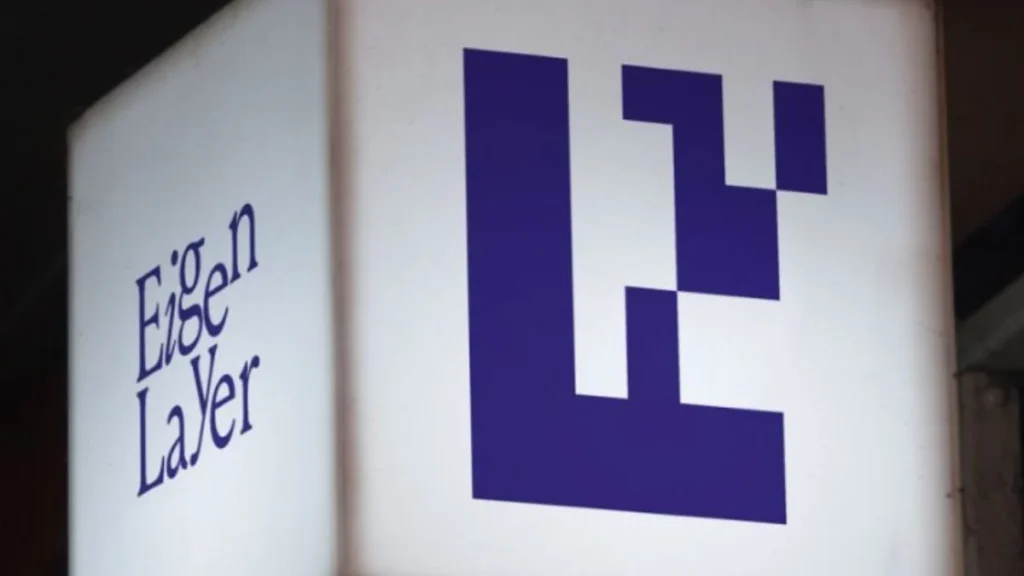The real estate market has long been characterized by high barriers to entry, complex processes, and limited transparency. Traditional intermediaries, such as banks, brokerage firms, and title companies, have dominated the industry, often charged high fees and made it difficult for individuals to participate in the market.
Decentralized finance (DeFi) is a rapidly evolving financial ecosystem that is poised to revolutionize the real estate industry. By leveraging blockchain technology, DeFi applications offer a secure, transparent, and efficient alternative to traditional financial systems. This has the potential to democratize real estate investing and make it more accessible to a wider range of individuals.

Decentralized Finance (DeFi) Transforming Real Estate
DeFi can transform real estate in several ways, including:
- Fractional Ownership: DeFi applications enable the tokenization of real estate assets, allowing them to be fractionalized into smaller units. This makes it possible for investors to own a portion of a property for a fraction of the cost of purchasing the entire asset, democratizing access to real estate investment opportunities.
- Decentralized Lending: DeFi platforms can facilitate direct lending and borrowing transactions between individuals, eliminating the need for traditional intermediaries like banks. This can lead to lower interest rates for borrowers and higher returns for lenders, while also reducing transaction costs and increasing efficiency.
- Tokenized Rental Payments: DeFi can tokenize rental payments, enabling automatic and secure rent payments directly from tenants to landlords. This can save landlords time and money associated with traditional rental payment processes, while also providing tenants with a convenient and secure payment method.
- Real Estate-Backed Loans: DeFi applications can create real estate-backed loans, allowing borrowers to use their property as collateral to secure loans on DeFi platforms. This can provide borrowers with access to capital without the need for traditional bank loans and their associated credit checks and paperwork.
- Decentralized Marketplaces: DeFi can facilitate the development of decentralized real estate marketplaces, enabling peer-to-peer buying and selling of real estate assets. This can eliminate the need for traditional real estate agents and their commissions, reducing transaction costs and increasing transparency in the market.
Benefits of DeFi for Real Estate
DeFi offers a range of benefits for the real estate industry, including:
- Increased Liquidity: DeFi can increase the liquidity of real estate assets by making them more accessible to a wider range of investors. This can lead to increased trading volume, reduced transaction costs, and a more efficient market.
- Reduced Costs: DeFi can reduce the costs of buying, selling, and investing in real estate by eliminating the need for traditional intermediaries. This can make real estate more affordable for individuals and increase participation in the market.
- Greater Transparency: DeFi can make the real estate market more transparent by providing investors with access to real-time data on property prices, transaction history, and rental income streams. This can improve decision-making and reduce information asymmetry in the market.
- Empowerment for Investors: DeFi can empower investors by giving them more control over their investments and reducing reliance on traditional financial institutions. This can lead to more informed investment decisions and increased returns for investors.
Challenges of DeFi for Real Estate
Despite its potential, DeFi also faces some challenges in the real estate industry, including:
- Regulation: DeFi is a relatively new technology, and regulatory frameworks are still evolving. This lack of clarity can create uncertainty for businesses and investors, potentially hindering adoption.
- Education: Many individuals are still unfamiliar with DeFi concepts and applications. This lack of understanding can make it difficult for them to grasp the potential benefits of DeFi for real estate investments.
- Technology: DeFi applications can be complex and difficult to use for some individuals. This can create a barrier to entry and limit participation in the DeFi real estate market.
Conclusion
DeFi holds immense potential to revolutionize the real estate industry by addressing the challenges of traditional financial systems and intermediaries. By leveraging blockchain technology, DeFi can democratize real estate investment, increase liquidity, reduce costs, enhance transparency, and empower investors. As DeFi technology matures and regulatory frameworks evolve, we can expect to see even more innovative applications emerge that will further transform the real estate landscape.
The integration of DeFi into the real estate industry is still in its early stages, but the potential benefits are significant. DeFi has the potential to make real estate more accessible, affordable, and transparent, democratizing investment opportunities and creating a more inclusive market. As DeFi technology continues to develop and gain wider adoption, it is likely to play an increasingly transformative role in the real estate industry.
Disclaimer
FAQ
DeFI stands for decentralized finance, offering open and accessible financial systems built on blockchain technology.
Yield farming involves earning interest by lending or staking cryptocurrencies.
Layer 1 blockchains are the primary networks (e.g., Ethereum), while layer 2 blockchains scale and improve performance on top of them.



I am genuinely grateful to the holder of this web site who has shared this enormous article at at this place.